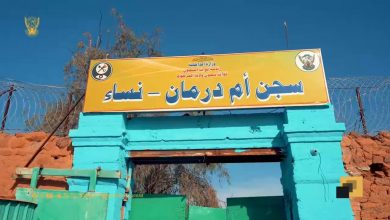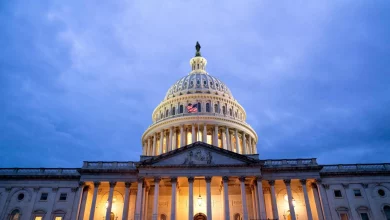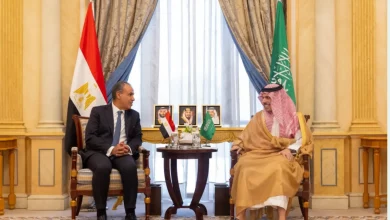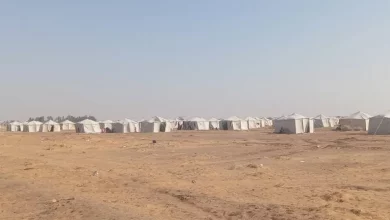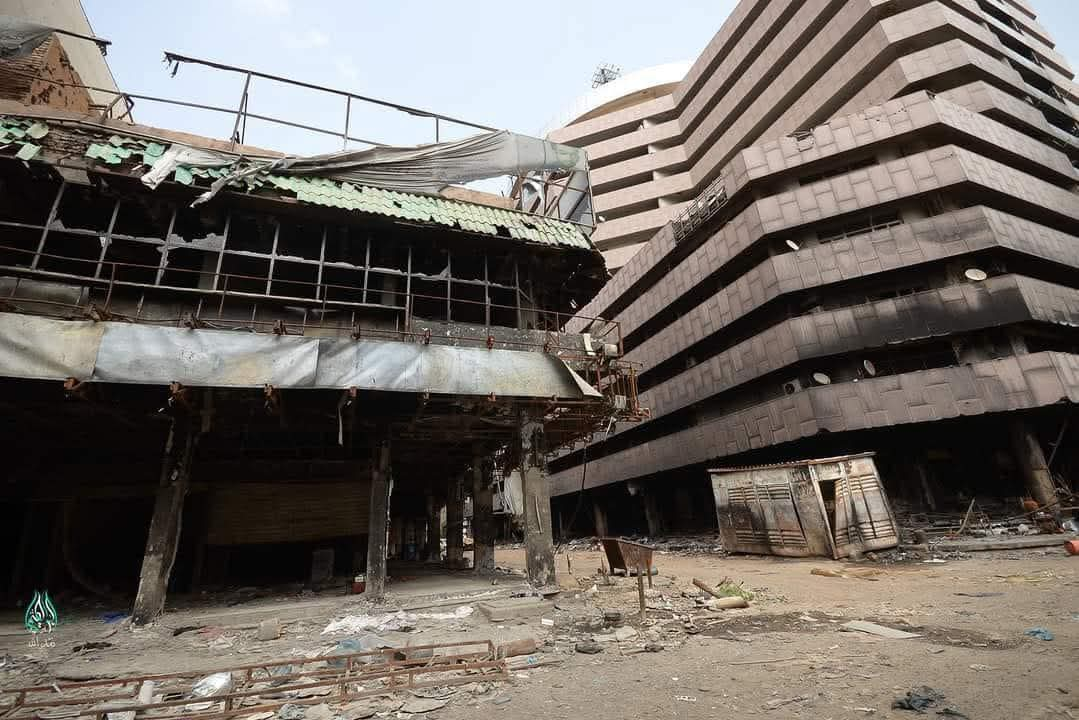
Khartoum, August 11, 2025 – Al-Taghyeer Newspaper
More than two years after the outbreak of war between the Sudanese Armed Forces (SAF) and the Rapid Support Forces (RSF) on April 15, 2023, the security situation in the capital Khartoum continues to deteriorate and collapse.
Following the recapture of Khartoum, Gezira, and Sennar from the RSF by the army, major military operations shifted to the Darfur and Kordofan fronts, leaving civilians in the capital to face a grim reality of chaos and lawlessness—ranging from looting and extortion under threat of arms to outright killings.
Once a vibrant city before the war, Khartoum is slowly disintegrating into a fragmented city gripped by fear, with the state effectively absent.
The collapsed security situation has led to the emergence of new groups of looters, including civilian gangs formed during the war from escaped criminals, as well as individuals wearing military uniforms but with no known affiliation.
According to credible reports from human rights organizations, abuses against civilians in Khartoum have persisted even after the RSF’s withdrawal—suggesting that some violations may be committed from within the formal military establishment itself.
In a report issued by the Sudanese Alliance for Rights (SAR) in April 2025, dozens of cases were documented in which soldiers wearing Sudanese Armed Forces uniforms committed violations in areas such as Al-Kalakla, Al-Sahafa, and Al-Hataneh. These violations included home invasions, property looting, and intimidation of residents—often carried out in broad daylight without any resistance or official intervention.
For its part, Human Rights Watch, in its annual report, noted an increase in looting in areas entered by the army after RSF withdrawal. Testimonies from residents of Omdurman and Khartoum confirmed that army soldiers participated in looting private property and raiding empty homes. Many expressed frustration over the lack of accountability within the military institution, pointing to possible complicity or at least “institutional silence.”
Another report, published by The Guardian in March 2025, revealed the existence of unofficial detention centers in areas under army control, where civilians are believed to have been held without clear charges. The report cited practices including torture and ill-treatment, in violation of both domestic and international laws—indicating that more serious abuses have yet to fully surface.
Beyond direct violations, there are also cases of inaction and failure to protect civilians.
In April 2025, a tragic massacre occurred in the Al-Salha area of Omdurman, officially attributed to the RSF. However, eyewitnesses reported that Sudanese army units were stationed only a short distance away, had been informed in advance of the threat, and yet did nothing to prevent it.
This military inaction at a moment requiring intervention raises serious questions about the army’s moral and professional responsibility.
Alongside these reports, daily testimonies from Sudanese citizens appear on social media platforms, including Reddit, documenting recurring cases of looting carried out by army soldiers in East Nile and Omdurman neighborhoods. One woman recounted: “After the RSF left, we thought we could finally rest. But then army members entered, searched our homes, took furniture and gold, and told us it was a routine procedure.”
This reality has made it increasingly difficult to distinguish between those expected to protect civilians and those committing violations—especially amid the breakdown of central authority, the proliferation of armed groups, and the blending of official uniforms with civilian gangs.
In the streets of Khartoum, fear mingles with disbelief.
In Al-Kalakla Al-Qubba, former teacher Um Sarah (pseudonym) told Al-Taghyeer how armed men stopped her in front of her children while they were returning home, stole her phone and wallet, and threatened her with weapons. “One of them shouted at me: ‘Stay quiet, the army won’t help you.’” She could not even file a report because the nearest police station has been closed for months.
In Al-Sahafa, Mohammed (pseudonym), a former private company employee, described a fake checkpoint that stopped him on his way home from work. The armed men wore mixed military attire, demanded 25,000 Sudanese pounds for “safe passage through a dangerous area,” gave him a stamped paper bearing the strange title “Neighborhood Committee,” and then disappeared in an unmarked four-wheel-drive vehicle.
Even the markets, once the beating heart of the capital, have not been spared. In Libya Market in Omdurman, Atiyat (pseudonym), a clothing vendor, described how she now faces near-daily looting by armed groups arriving in rickshaws and motorcycles, claiming to belong to army intelligence. “They take the goods and say, ‘This is a contribution to the state.’ Customers have stopped coming, and the market is dead.”
In April, Sudanese police announced the resumption of operations in 59 stations across Khartoum State.
Sudan Tribune quoted police spokesman Brigadier General Fath Al-Rahman Mohammed Al-Toum as saying that most complaints received were related to the war and RSF violations, but that “no police reports were filed regarding the use of weapons outside military operations.”
In this security vacuum, citizens note that crime is no longer directly tied to active combat between the warring parties—it has become a recurring pattern, separate from military frontlines.
Strikingly, most looting incidents occur in areas that never saw significant RSF presence, undermining the assumption that all chaos is attributable to them and prompting a reassessment of the overall responsibility of official forces.
The collapsed security order has revealed multiple actors engaged in looting, including escaped criminals and members of so-called “Neighborhood Protection Committees.” These local armed groups—supposedly formed to protect residents—now engage in extortion and racketeering much like regular gangs.
In some areas, with the police absent and the judiciary and prosecution paralyzed, there is no authority for citizens to turn to.
The Sudanese Media Forum and its member institutions publish this material, prepared by Al-Taghyeer, as part of reflecting the severe security deterioration and the high cost borne by Khartoum’s residents—even after the cessation of large-scale military operations between the army and the RSF. The material highlights the total absence of police and prosecutors, leaving no legal authority for citizens to rely upon.

